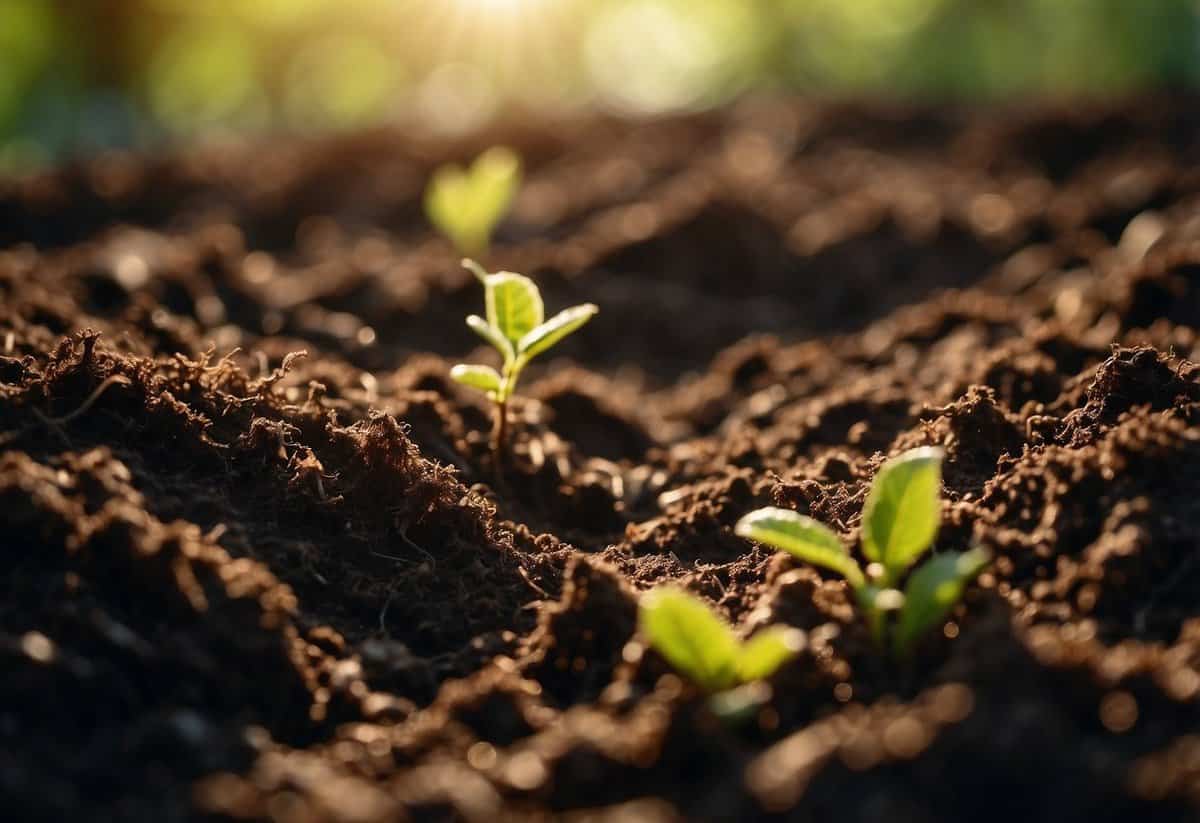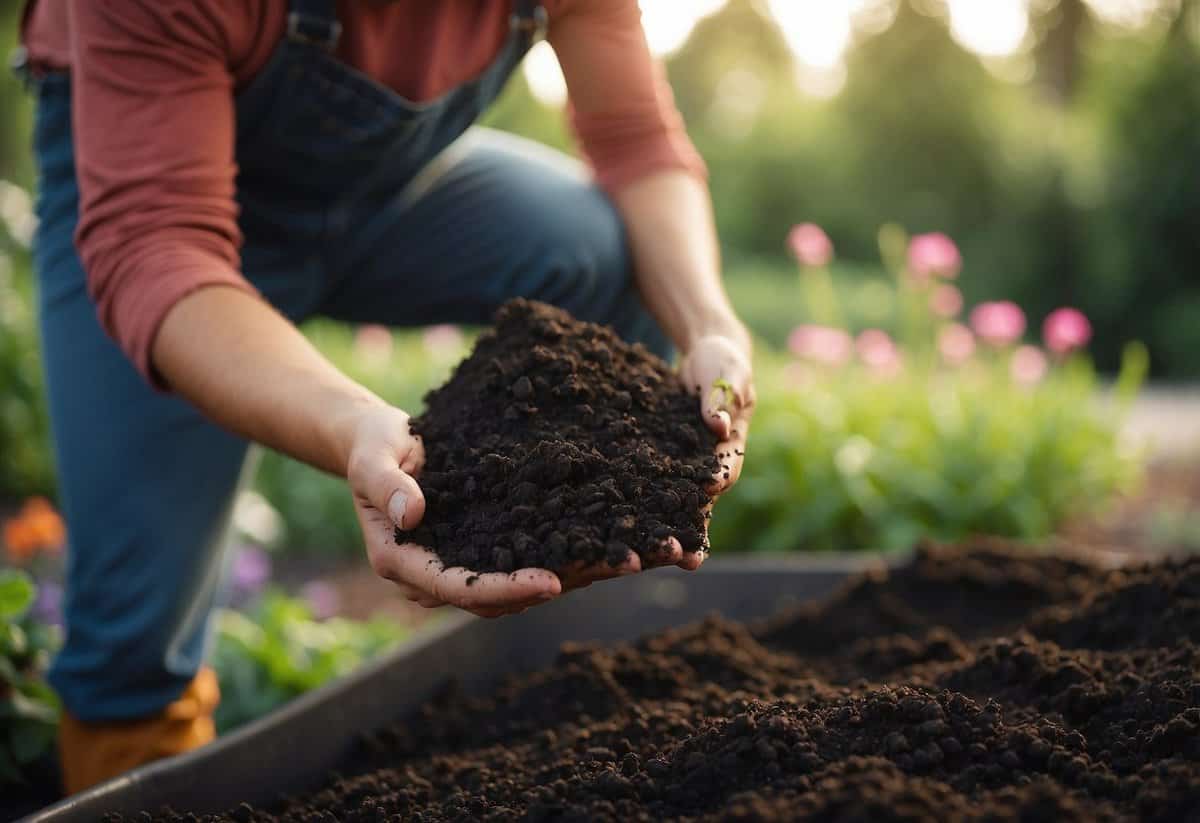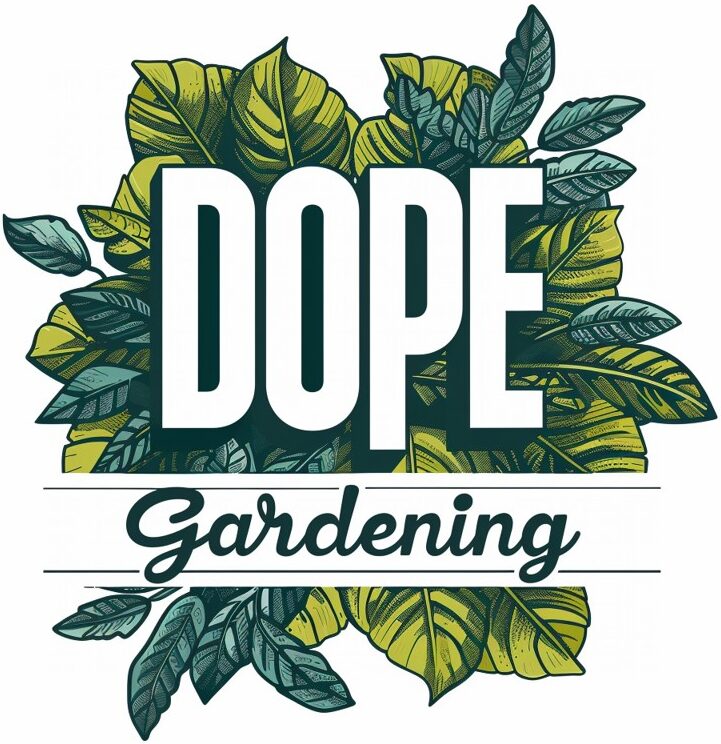Garden Soil Tips: Boost Your Plants’ Health
Gardening is a rewarding hobby that allows you to grow your own flowers, vegetables, and herbs. The key to a successful garden lies in having healthy soil, which serves as the foundation for all plant growth. Whether you are a novice or an experienced gardener, improving your garden soil can lead to more bountiful harvests and healthier plants.

Understanding how to enhance your garden soil will save you time, effort, and money. Simple techniques can make a big difference in the vitality of your garden. By learning the basics of soil improvement, you can ensure that your plants thrive each season.
1) Use Compost for Rich Nutrients

Compost is a gardener’s best friend. It enriches your soil with essential nutrients and improves its texture. Mixing mature compost into your garden soil boosts its water-holding capacity and fosters healthier plant growth.
For potted plants, combine compost with your potting mix. Just be careful not to use too much compost, as it can cause root burn.
Compost can also be a great mulch. Spread a 2-3 inch layer around plants to retain moisture, suppress weeds, and release nutrients slowly. Visit these tips on using compost for more details.
Top-dress your lawn with a thin layer of compost to nourish grass and improve soil structure. A thin layer of compost in spring or fall does wonders for your lawn.
2) Test soil pH regularly

Testing your soil pH is important for a healthy garden. Different plants need different pH levels to grow well.
Use a simple soil pH meter or an at-home kit to check your soil’s pH. Push the probe into the soil and see the reading.
You can also send soil samples to a university soil lab for accurate results. It’s not expensive and gives detailed information.
3) Incorporate Earthworms

Adding earthworms to your garden can greatly improve soil health. Worms help by breaking down organic material and turning it into nutrient-rich soil.
A good rule is to add 1-5 worms per square foot. For an 800 square foot garden, you might start with 1,000 – 2,000 worms.
Worms also promote better soil structure and aeration. This makes it easier for plants to grow strong roots.
To attract more worms naturally, keep your soil moist and add plenty of organic matter, like compost and mulch. This makes your garden a welcoming home for them.
4) Mulch to retain moisture

Using mulch is an excellent way to keep your garden soil moist. Mulch acts as a protective layer over the soil, reducing water evaporation.
Applying a 2 to 4-inch layer of mulch ensures enough coverage to protect against evaporation while still allowing rain to reach the soil.
Organic mulches like straw, grass clippings, and wood chips are great options as they also help maintain cooler soil temperatures during hot weather.
For more details, check out this guide on applying mulch properly.
5) Use Organic Fertilizers

Organic fertilizers are great for your garden soil. They provide essential nutrients like nitrogen, phosphorus, and potassium in a balanced way.
These fertilizers also contain important micronutrients such as calcium and magnesium, which are crucial for healthy plant growth.
Using organic fertilizers can improve the structure of your soil and help soil microorganisms thrive. Learn more about how organic fertilizers improve soil health.
Applying organic fertilizers in the early spring can set your garden up for success. Try using alfalfa meal to gently boost plant health at a moderate rate, as recommended by Epic Gardening.
6) Rotate crops annually

Rotating crops each year is important for a healthy garden. It helps prevent pests and diseases from building up in the soil. By moving plants to different spots each year, pests and diseases lose their hosts.
Switching crops also keeps the soil fertile. Different plants use and add various nutrients to the soil. Changing locations maintains soil balance. For more tips on crop rotation, check the guide from Modern Farmer.
7) Add Coffee Grounds

Coffee grounds are great for your garden soil. They help improve drainage, especially in heavy, clay-like soil. The grounds break up the clay particles, making it easier for water to move through.
You can also use coffee grounds to deter pests. Slugs and snails dislike coffee grounds, so sprinkle them around plants you want to protect.
Used coffee grounds are not acidic. They’re nearly neutral, making them safe for most plants. To boost your garden’s nutrients, mix the grounds into your compost or scatter them directly onto the soil.
For more information, check out How to Use Coffee Grounds in the Garden – Bob Vila.
8) Utilize Kitchen Scraps

You can use kitchen scraps to boost your garden’s health. For example, banana peels are rich in calcium, magnesium, and potassium. Chop them up and bury them in the soil around your plants.
Eggshells are another useful kitchen scrap. They are high in calcium and help repel slugs. Crush them and sprinkle around your plants.
You can also make a nutritious veggie broth from carrot ends and onion peels. After using the broth, add the boiled scraps to your compost bin for a rich, nutrient-filled addition to your garden soil.
Check out more kitchen residues you can use in your garden for other great ideas!
9) Avoid Chemical Pesticides

Using chemical pesticides can harm your garden and the environment. Instead, try natural methods to keep pests away.
Clean up your garden by removing dead plants and decaying material. Insects love to hide there.
You can also use organic options like neem oil or beer traps to protect your plants. These methods are safer for your garden and your health.
For more ideas, check out these tips for preventing garden pests naturally.
10) Use Raised Garden Beds

Raised garden beds can greatly benefit your plants. These beds give you more control over the soil quality, making it easier to provide the right nutrients.
You can create a good mix of materials like compost and topsoil. Some gardeners even add well-rotted manure or leaf mold to boost soil nutrients.
Raised beds also help with drainage, which is important for healthy roots. Plus, they make gardening more accessible, reducing the need to bend down.
Using raised beds can make your garden more productive and easier to manage. They can truly transform your gardening experience!
Understanding Garden Soil Basics

Having good garden soil is key to growing healthy plants. Learn about different soil types, why soil pH matters, and the benefits of adding organic matter.
Types of Garden Soil
Garden soil comes in several types, each with its characteristics. Sandy soil has large particles and drains quickly but may not hold nutrients well. Clay soil is dense, has small particles, and holds water, which can be a challenge for roots to penetrate. Loamy soil is a mix of sand, silt, and clay, providing good drainage and nutrient retention. Silt soil has fine particles and holds moisture but can compact easily.
Identifying your soil type helps determine what amendments or treatments it needs. You can perform a test at home by observing how the soil feels and behaves when wet and dry.
Importance of Soil pH
Soil pH affects plant health and nutrient availability. It ranges from 0 to 14, with 7 being neutral. Acidic soils have a pH below 7, while alkaline soils have a pH above 7. Most garden plants prefer a slightly acidic to neutral pH between 6 and 7.
To test soil pH, you can use a simple kit from a garden store. Adjusting pH might involve adding lime to raise pH or sulfur to lower it. It’s crucial to retest the soil after amendments to ensure the desired pH level is achieved.
Role of Organic Matter
Adding organic matter to your garden soil improves structure, water retention, and fertility. Compost, manure, and leaf mold are common organic materials used. These materials improve clay soil by breaking it up and enhance sandy soil by improving its ability to retain nutrients and moisture.
Organic matter also introduces beneficial microorganisms that help decompose plant debris and improve soil health. Regularly incorporating organic matter into your garden boosts soil quality over time, making it more fertile and better suited for growing plants.
Improving Garden Soil Quality

Improving your garden soil can lead to healthier plants, higher yields, and reduced need for chemical fertilizers. Key methods include composting, using mulch, and proper aeration.
Benefits of Composting
Composting turns kitchen scraps and yard waste into valuable garden soil nutrients. By adding compost, you increase the soil’s organic matter, which helps retain moisture and provides food for beneficial microbes. This nutrient-rich material improves soil structure, making it easier for roots to grow.
Composting also reduces the need for synthetic fertilizers. You can compost fruit and vegetable peels, eggshells, coffee grounds, and even grass clippings. Be sure to turn your compost pile regularly to speed up decomposition and avoid odors. Effective composting can also divert waste from landfills, promoting a more sustainable gardening practice.
Using Mulch Effectively
Mulch is a great way to improve soil quality and protect plants. By adding mulch to your garden, you help retain soil moisture, which reduces the frequency of watering. Mulch also suppresses weeds and keeps the soil temperature more consistent.
There are many types of mulch, including straw, wood chips, and shredded leaves. Choose one that suits your garden’s needs. For example, straw is good for vegetable gardens, while wood chips work well around trees and shrubs. Spread mulch about 2-3 inches thick around your plants, but avoid piling it against the stems to prevent rot.
Aeration Techniques
Aeration is essential for healthy soil as it allows air, water, and nutrients to reach plant roots. Compacted soil can restrict root growth and reduce the availability of these essential elements. You can aerate your garden soil using hand tools, like a garden fork, or mechanical aerators for larger areas.
Another technique is adding organic matter like compost or aged manure, which helps create spaces in the soil for air to flow. Earthworms are natural aerators; encourage them by maintaining healthy, organic-rich soil. Proper aeration leads to better soil drainage, stronger root systems, and more robust plant growth.







